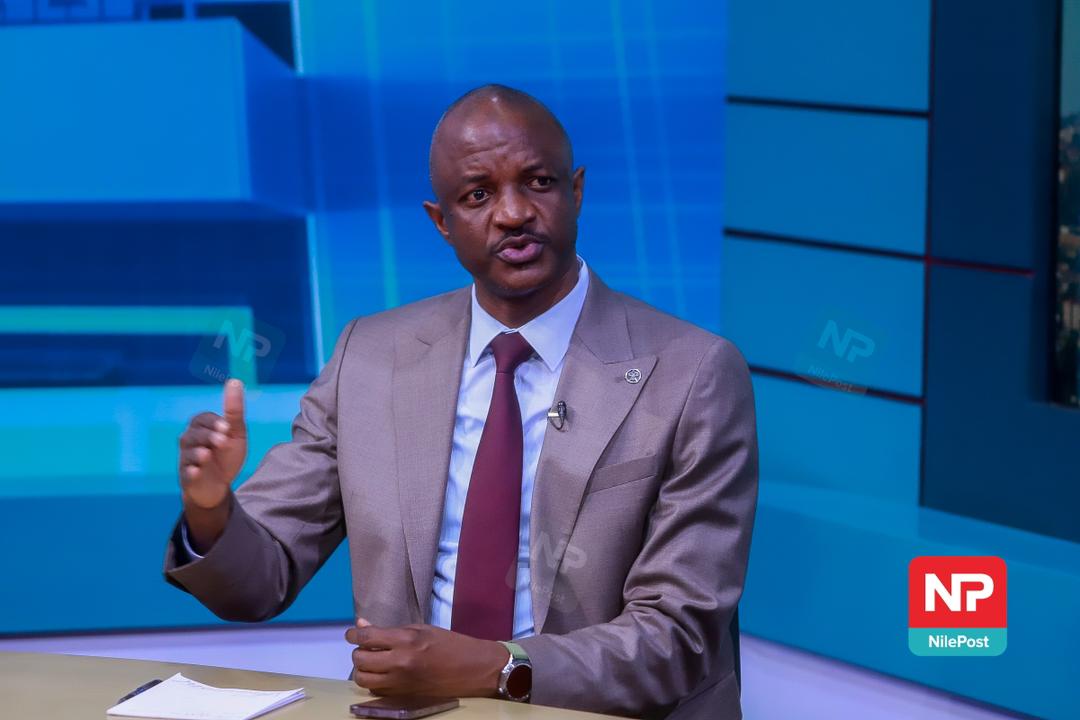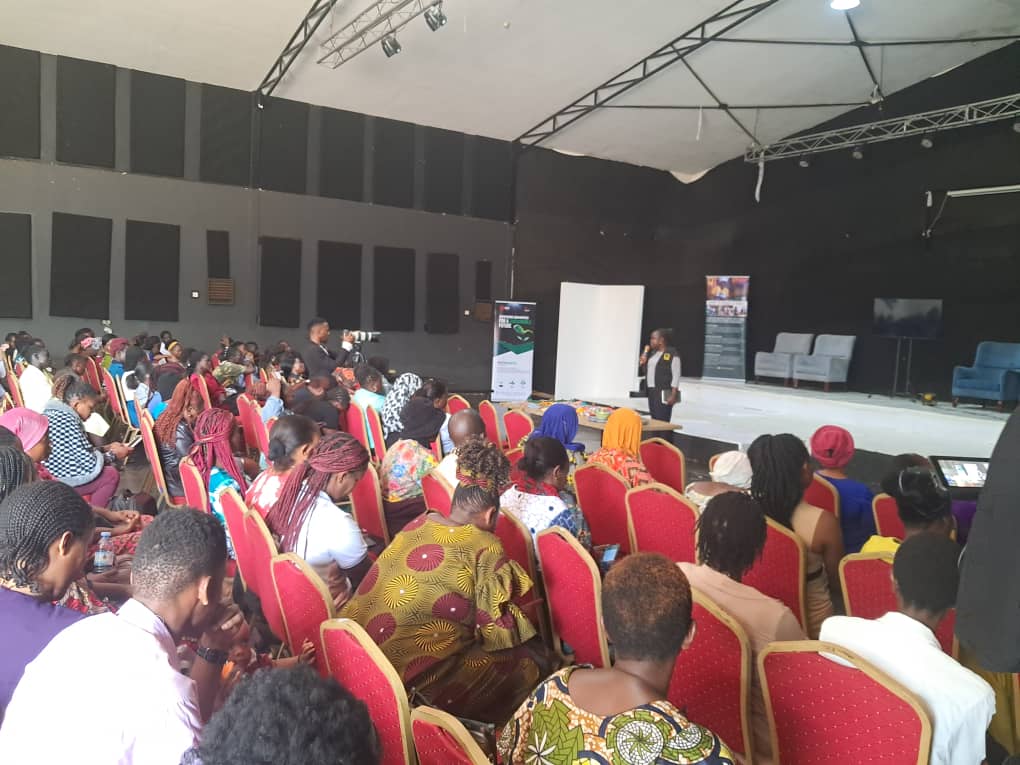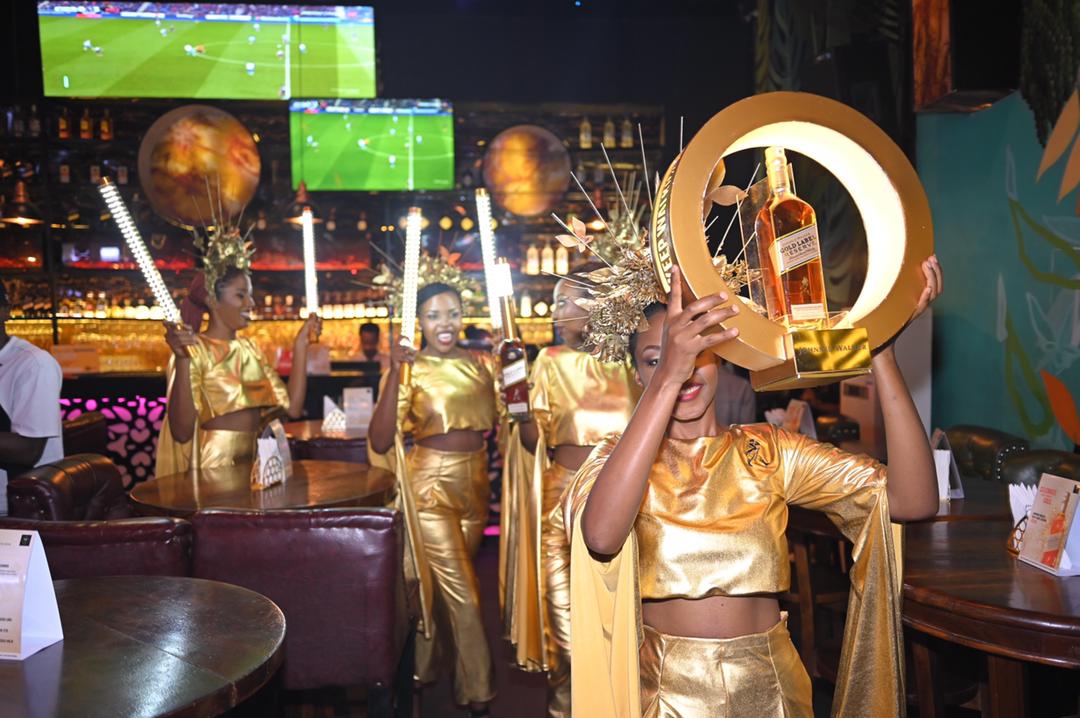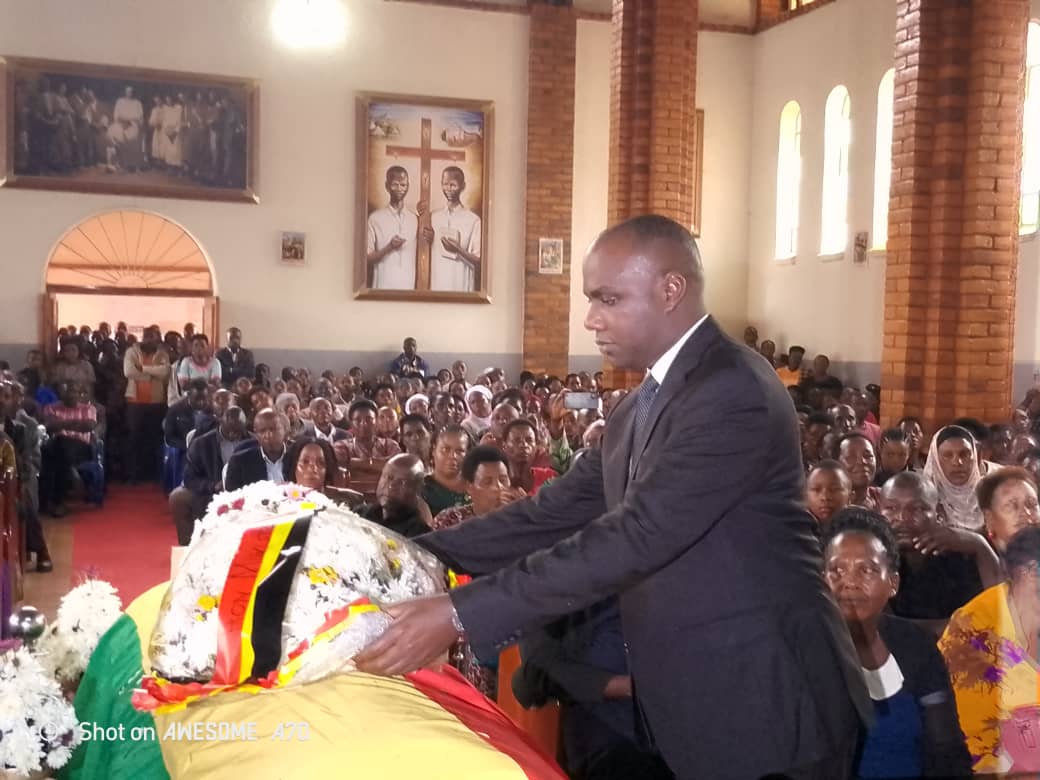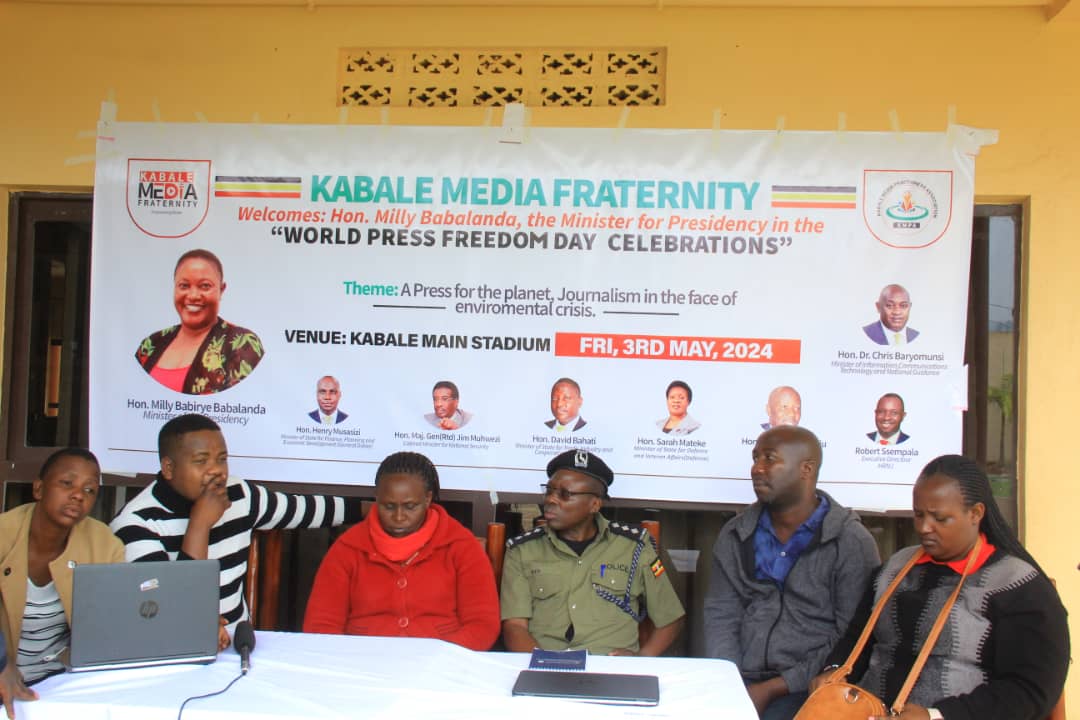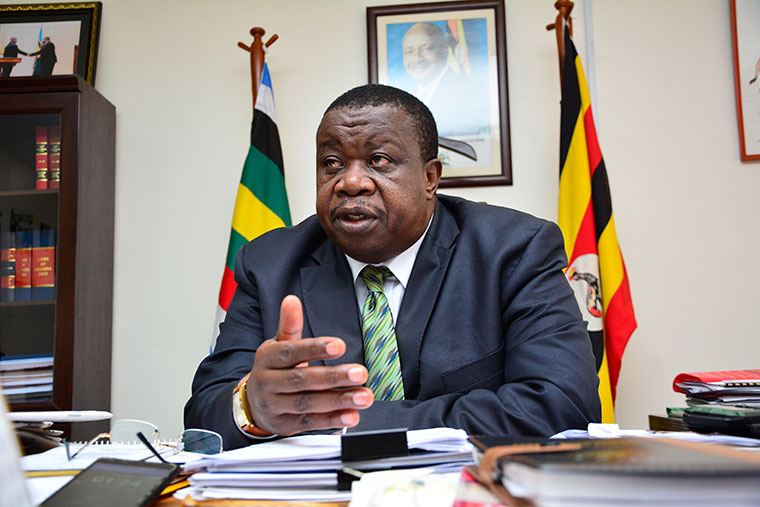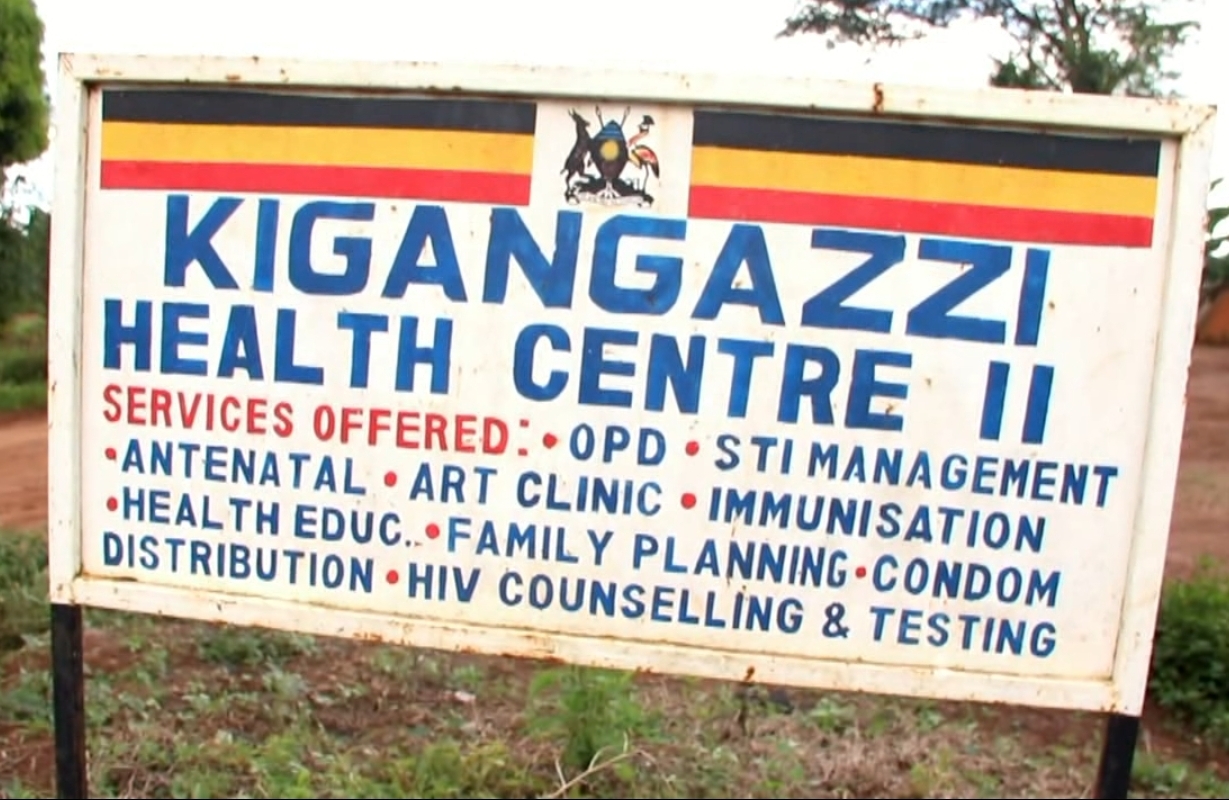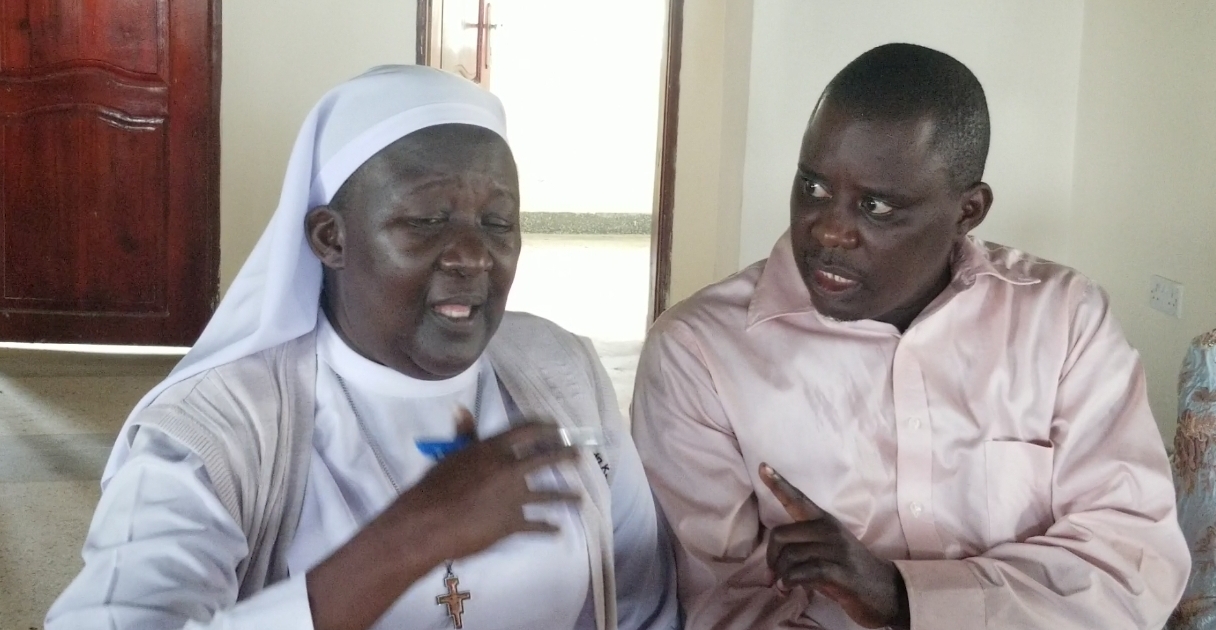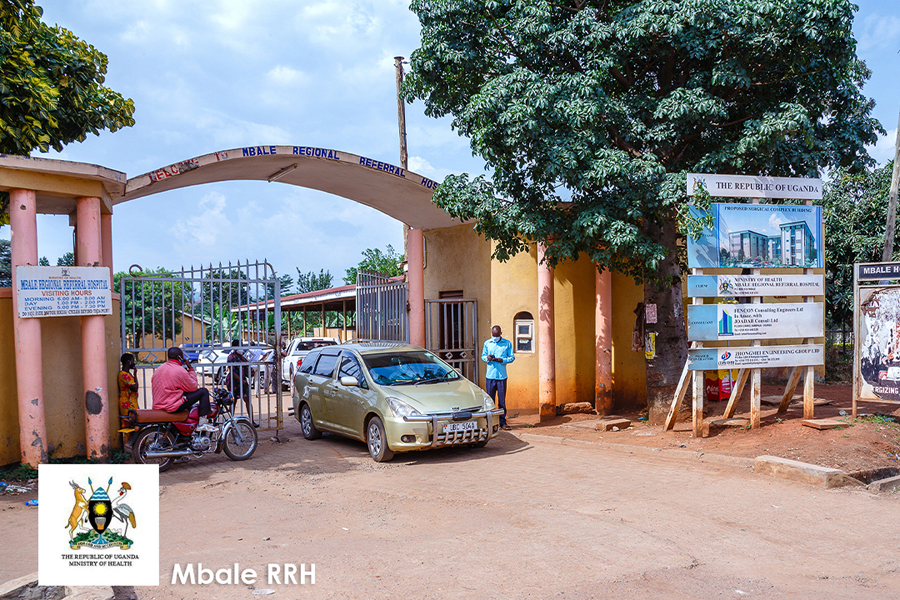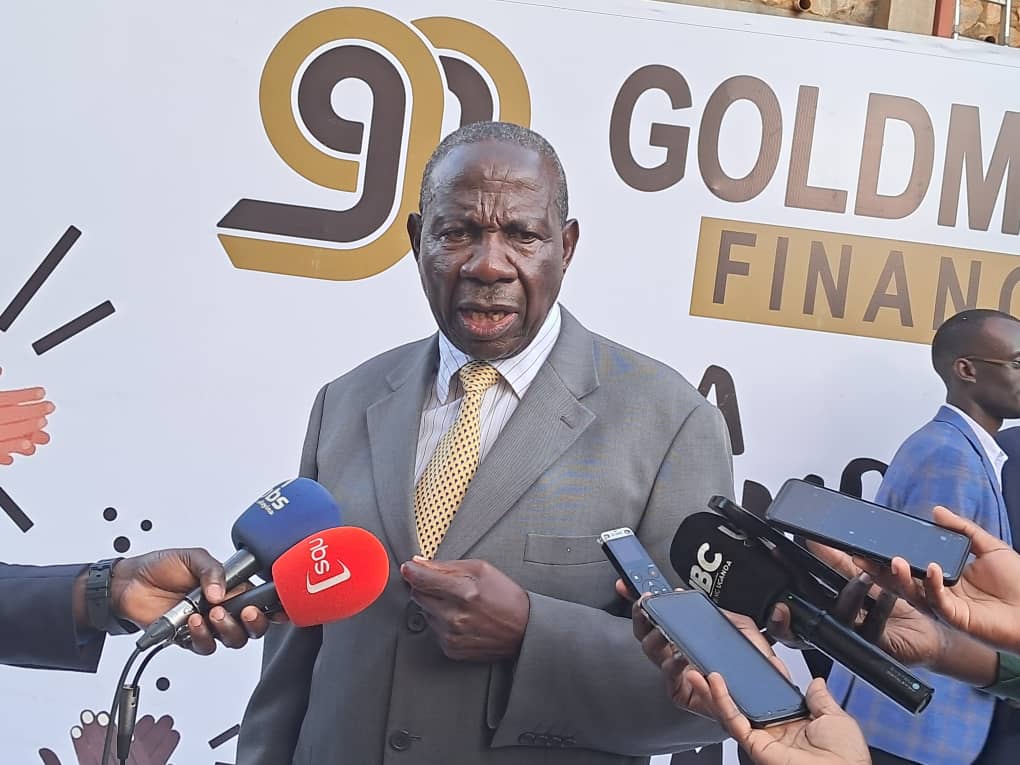Experts worry children can not express themselves confidently, root for public speaking training
Parents and education stakeholders note with concern challenges among children to freely and confidently express themselves despite attending school.
This is said to have a negative impact on learning, comprehension and critical thinking among learners, which in the long run could affect performance.
Keep Reading
Communication experts and educationists in Mbarara have underscored the relevance of public speech training as a transformative opportunity for pupils to develop self-esteem and strong self-expression. This, they say is essential not only for academic excellence but also critical in the pursuit of children’s dreams
Teachers say that many schools play their part, but children often deteriorate whenever they go home for holidays. Ijuka Brutas, a teacher of science math for the last ten years, notes that “learners who have received public speech training, demonstrate a distinction between them and those that have not received training”.
He reveals that during holidays many learners are confined in a setting that makes their brains redundant and when they return to school, there is a notable setback.
Such challenges prompted several stakeholders to train learners aged between seven and twelve in public speaking.
Ramadhan Kimbugwe, an educationist and the founder of Prowess Communications, noted the role of such efforts saying that many schools rarely incorporate self-esteem skills into their curriculum.
“Public speaking helps the pupils to manage that fear, especially talking to big audiences, so we need to encourage these young people to build the courage and belief in self and these manifest when the kids get this skill” Kimbugwe noted.
Kimbugwe highlights that “many of our schools focus on the curriculum and completing syllabus but rarely do we see kids equipped with skills that will help them manage the labour market, pursuit of their dreams and reality of the society”.
According to Mary Francis Kabateraine a retired teacher and director of Kabateraine Memorial School, “it all begins from home, the parents need to prepare these children and be available for them but also inspire them”. Kabateraine adds that “the children that we see today live with fear because of what they go through at home and maybe some untrained teachers and you find that the children lack these skills which is problematic to their performance but also in their day to day activities”.
Kimbugwe reveals that during holidays learners are taken through public speech training and the learners that receive the training have been able to register improvement in their behavior, confidence and general performance.
“We have so far trained over 250 pupils from different schools where parents subscribe for their children and these are assessed at the end of the three weeks course where parents come and be part when the children are showcasing what they have learnt” Kimbugwe revealed.
Some of the learners like Mutiibwa Aron and Ashaba Barbra both in p7 who want to become neurosurgeons and oncologists respectively when they grow up, shared their experiences with public speech skills attained.
“I have been able to improve in how I relate with my colleagues at school and I have recently participated in eight debates and won seven of them” Mutiibwa Aron a Pupil at Kabateraine shared.
Ashaba Barbra says “I have improved in my confidence, it is that easy for me now to raise my hand and give an answer in class even when am not so sure of if my answer is right or wrong, but there is no wrong answer anyway but it wasn’t the case before public speech skills”.
The inability to express oneself among the young population of school-going age in Uganda remains a concern to both parents and education stakeholders.
Although children have gone through school, a few are able to freely and confidently express themselves.



